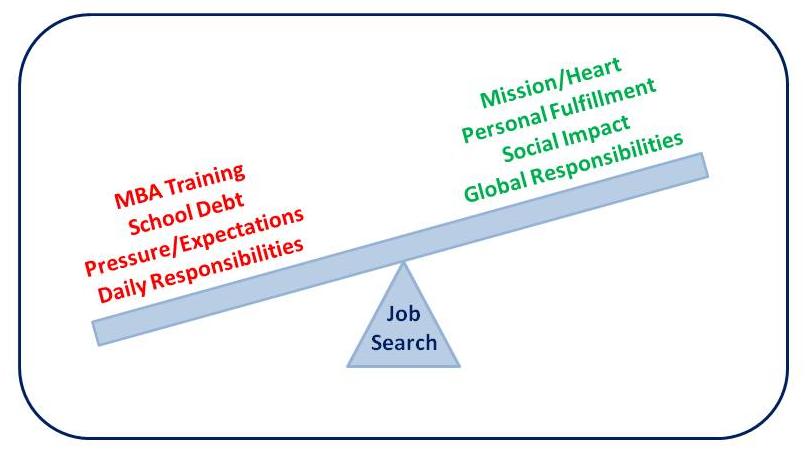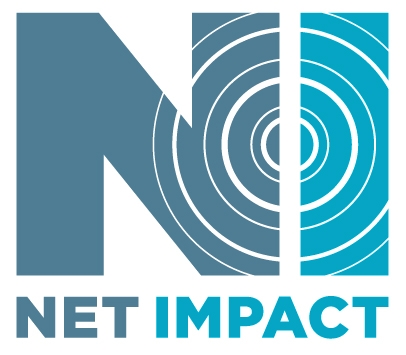Meeting Our Future Women Leaders
/ This weekend I was lucky enough to be featured as a panelist at the third annual Boston University 85 Broads conference. The theme of the event was “Rising to the Top,” and it brought together an incredible group of professional and undergraduate women to learn from each other and network.
This weekend I was lucky enough to be featured as a panelist at the third annual Boston University 85 Broads conference. The theme of the event was “Rising to the Top,” and it brought together an incredible group of professional and undergraduate women to learn from each other and network.
If you aren’t familiar with 85 Broads, a quick check of their website tells an interesting story:
85 Broads is a global network of 20,000 trailblazing women who are inspired, empowered, and connected.
The "founding members" of 85 Broads were women who worked for Goldman Sachs at 85 Broad Street, the investment banking firm's NYC headquarters. Over the past decade, 85 Broads expanded its membership to include women who are alumnae and students of the world's leading colleges, universities, and graduate schools worldwide. Our members are located in 82 countries around the world and work for thousands of for-profit companies and not-for-profit organizations.
As a graduate of an all-girls high school and a big proponent of creating leadership opportunities for women in business, I’ve always been curious about 85 Broads – which is why it was so exciting to be invited to present at the BU chapter’s annual conference.
The panel I participated in was for undergraduate women interested in pursuing nonprofit careers, and I was joined by two other panelists doing some incredible work:
- Amma Sefa-Dedeh, executive director of One Hen (a very cool microfinance nonprofit here in Boston) and a recent Babson MBA graduate
- Jenny Jordon, associate consultant at The Bridgespan Group (an off-shoot of Bain & Company that works specifically with nonprofit clients).
Amma, Jenny and I were there to talk about our experiences working in nonprofit leadership roles, discuss the various advantages and challenges of working in the nonprofit sector, and to answer questions from the young women in attendance.
For my part, I got the chance to talk about my work in fundraising, my interest in corporate social responsibility, and my decision to pursue an MBA. Many attendees were also interested to hear how I was using The Changebase to not only share ideas and create conversation, but also as a personal branding tool during my job search.
One particular question seemed to strike a chord not just for the women in the audience but for me as well.
An attendee asked about switching from the nonprofit sector to the corporate world, and vice versa: “Is it hard to make the switch” she wondered, “or do I need to pick one sector and stick with it?”
Given that I am a sector-switcher myself, this is something I tackle regularly in my cover letters and job applications. My feeling is that there’s nothing wrong with “switching sides” but you do need to be prepared to do a little extra hand-holding with potential employers. The experience and background that resonates with recruiters in one sector might not be what resonates with recruiters in another, so job seekers need to be prepared for this.
As Amma so insightfully put it: “Career switchers need to put in 200% extra effort” – whether you’re moving from one sector to another, or simply switching functions like going from engineering to finance, you need to be ready to work that much harder to get people to take a chance on you and your skills.
Certainly valuable advice for everyone in the room – even me!
In all I was incredibly impressed by the roughly 25-30 young women in attendance (dressed in suits on a Saturday no less!). Between the thoughtfulness of their questions and their passion for learning about and doing this important work, it was clear to me that these women are motivated to not only make social change, but to forge ahead in their own professional careers.
In my opinion, if the women in attendance are any indication of the quality of our future women leaders, I think we’re in good hands!






